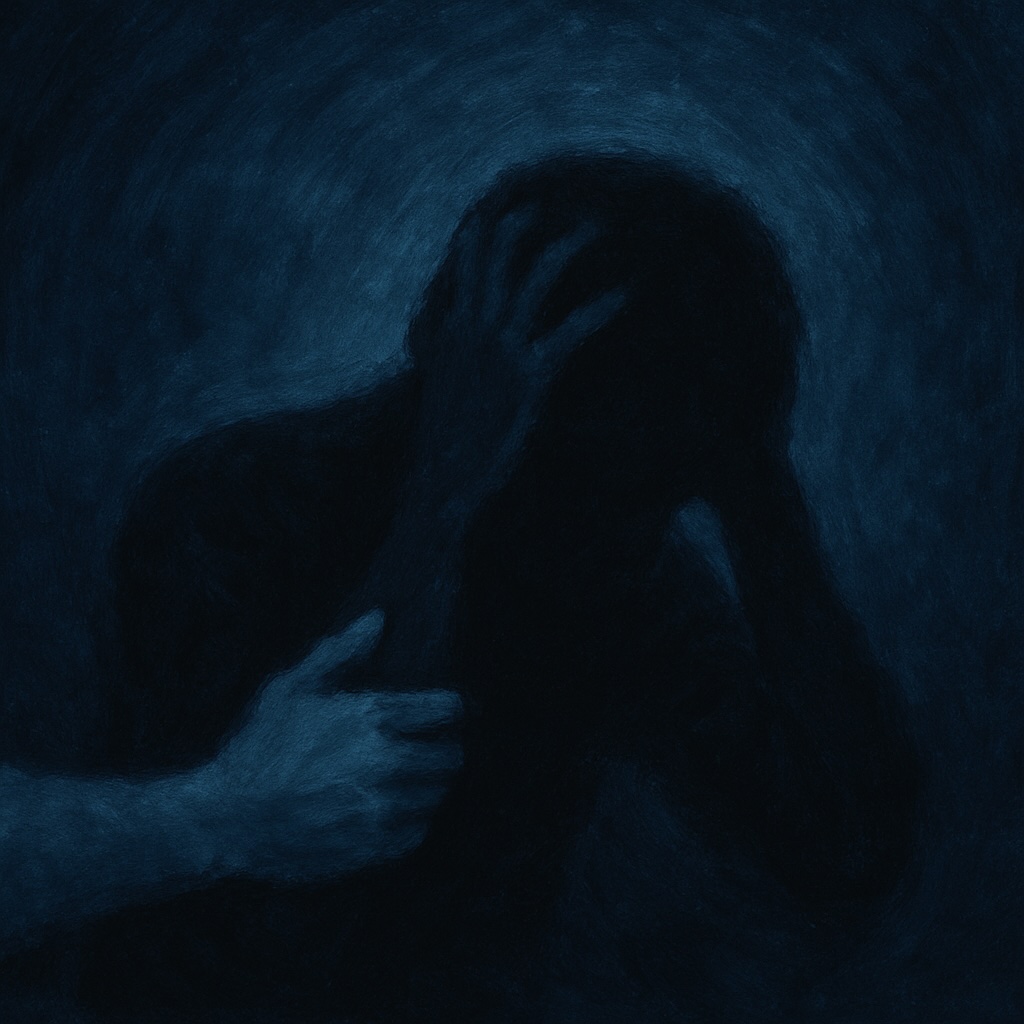Other posts
-

Are We the Bad Guys?
When executed poorly, a villain monologue provokes eye-rolls, but it’s a cliché for a reason. It comes naturally to the hero of their own story.
-

I’ll Cash Her Check In The Morning
Does Silent Season Michael strive to show empathy to his targets because he’s channeling Josh Hartnett’s character from Sin City? Is there a difference?
-

On The Ethical Use of AI
At its worst, AI enables view farmers to make the world a worse place for everyone. At its best, it enables honest people to work harder.
-

Very Meta
“Now you’re ready for battle, noble warrior,” she said, entering the makeshift shower. “I’ll clean myself under the waterfall. And then I will show you the secrets of my tribe. Terms and conditions apply.” I was reviewing a scene that had strong sexual undertones. Yes, the book contains sex scenes, as does the world. In
-

Everything dimmed
I waited to be almost 40 before starting my first novel. Having written novellas, stage plays, and short essays before, I thought I realized how daunting the scope of a full novel would be. I, in fact had no idea, I just thought I did. Still, I waited for the right time, when I’d have
-

Piece of Cake
(And other famous last words) I started writing The Silent Season from one idea that I found interesting: what if someone really enjoyed killing? Popular culture has a bunch of such characters, but one thing they all seem to have in common is some psychological condition that enables that. But what if that wasn’t the
-

Quotes
I spent half of a day procrastinating with WordPress tweaks instead of editing the book. “Let it breathe,” I told myself. Finally, my technical skills prevailed, and I was able to get my way. On The Silent Season page, you’ll now find random quotes from the book, chosen at random from a curated pool, freshly
-

The Bleeding Persona
As I was re-reading a chapter to tighten the dialogue, remove extra adverbs, and other general cleanup, I noticed something surprising. Which feels weird to state, considering I was reading my own writing. A character’s backstory, hinted at within the chapter, shared a few beats with the protagonist’s. This had happened happened organically in the


